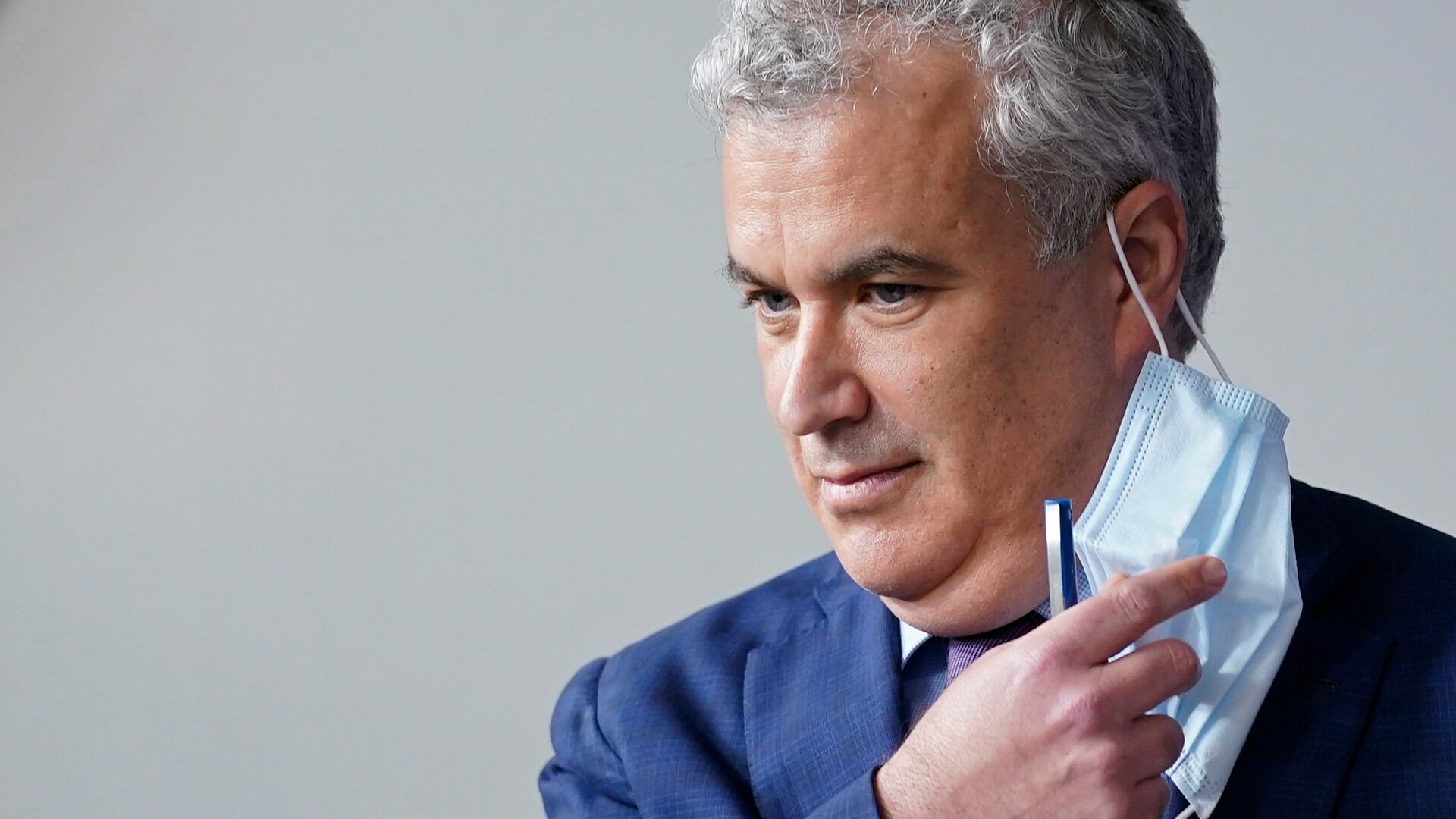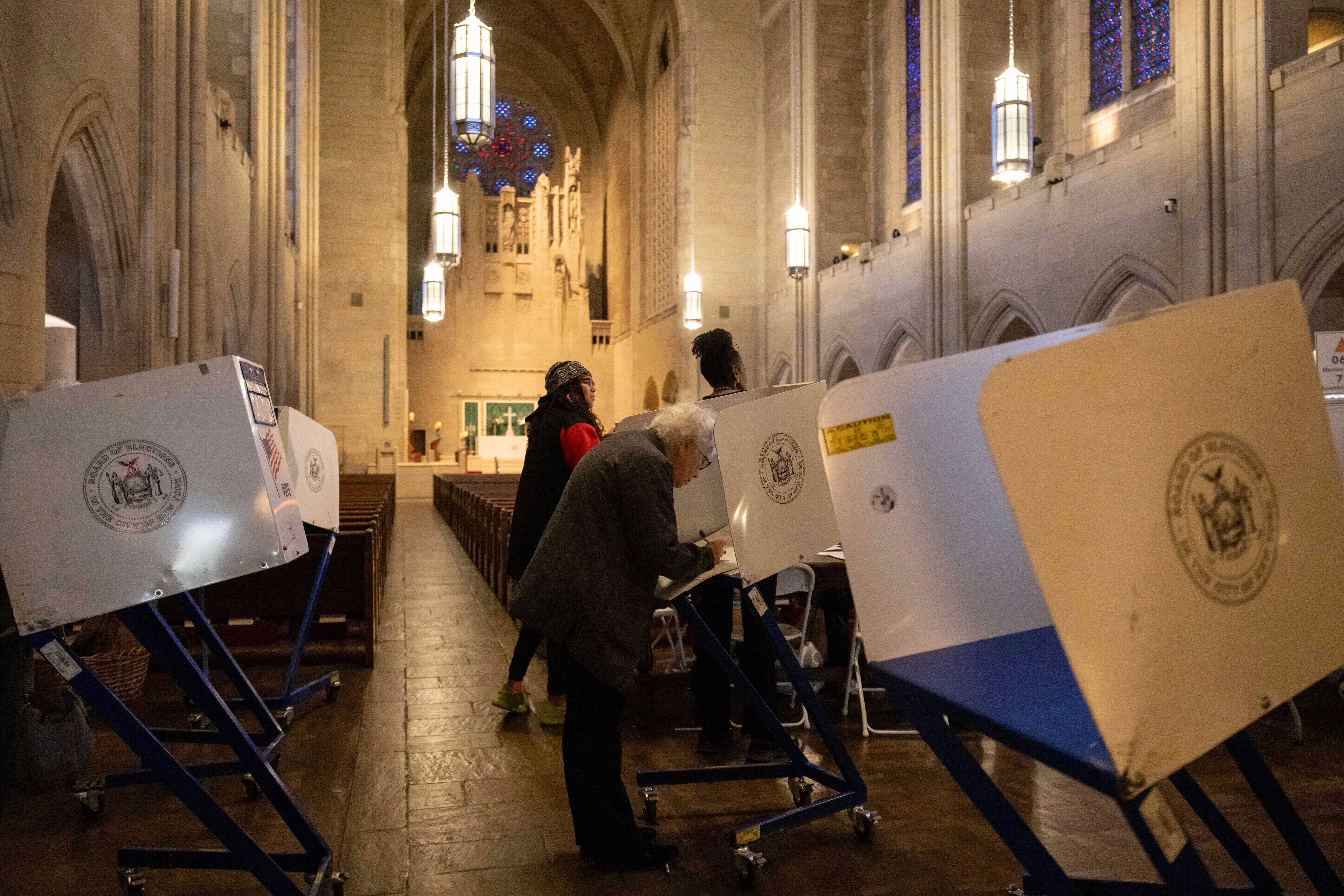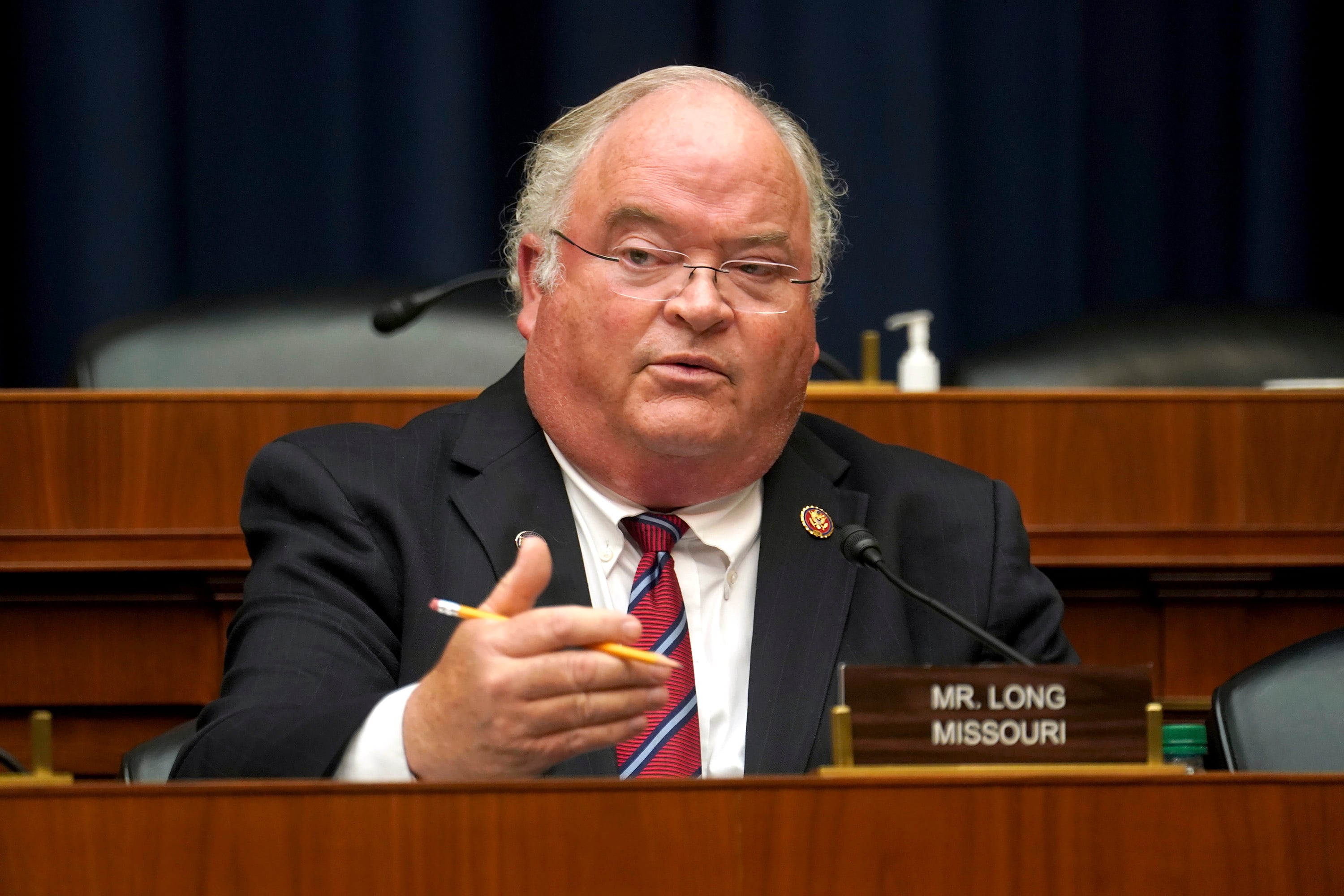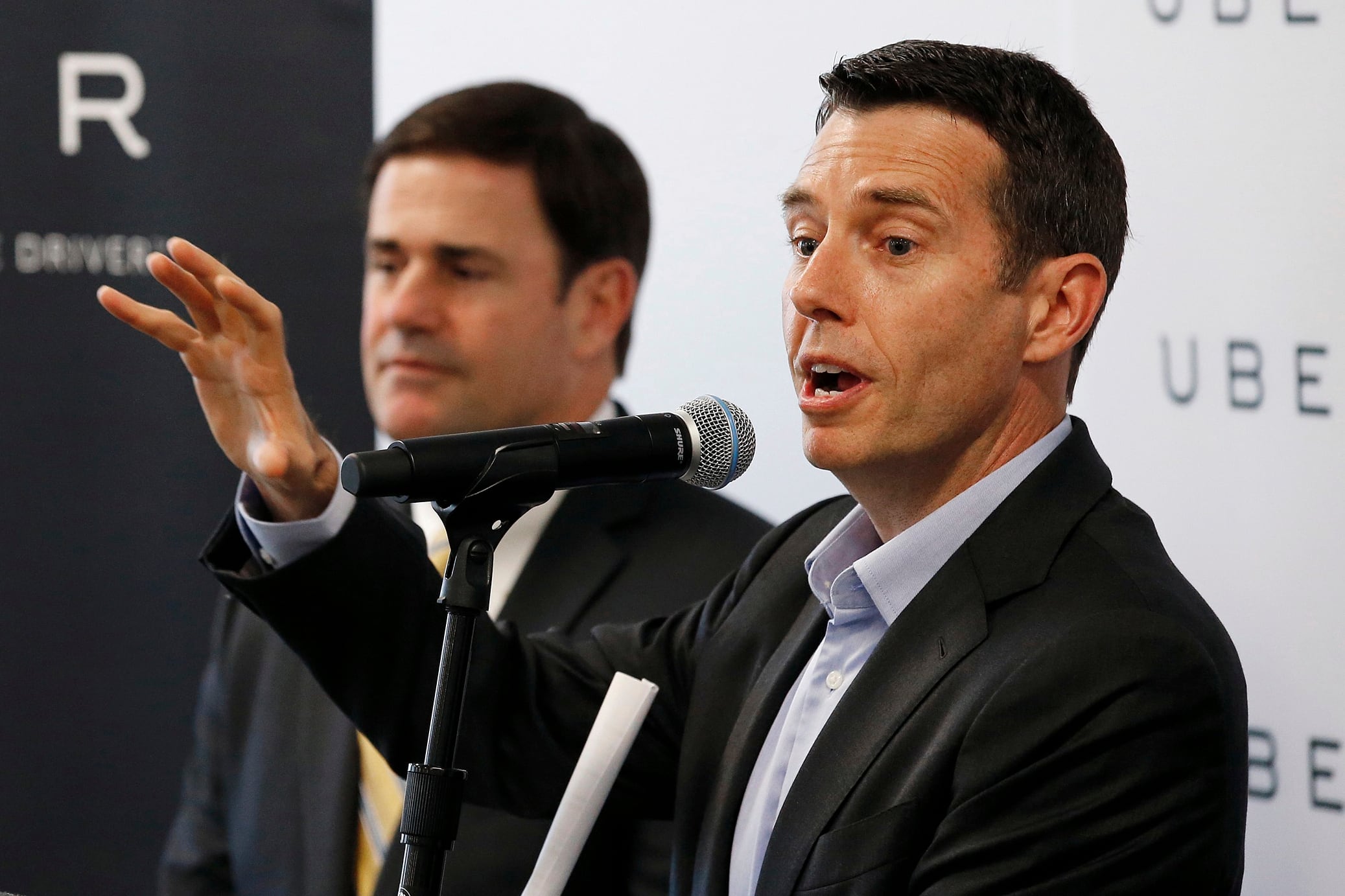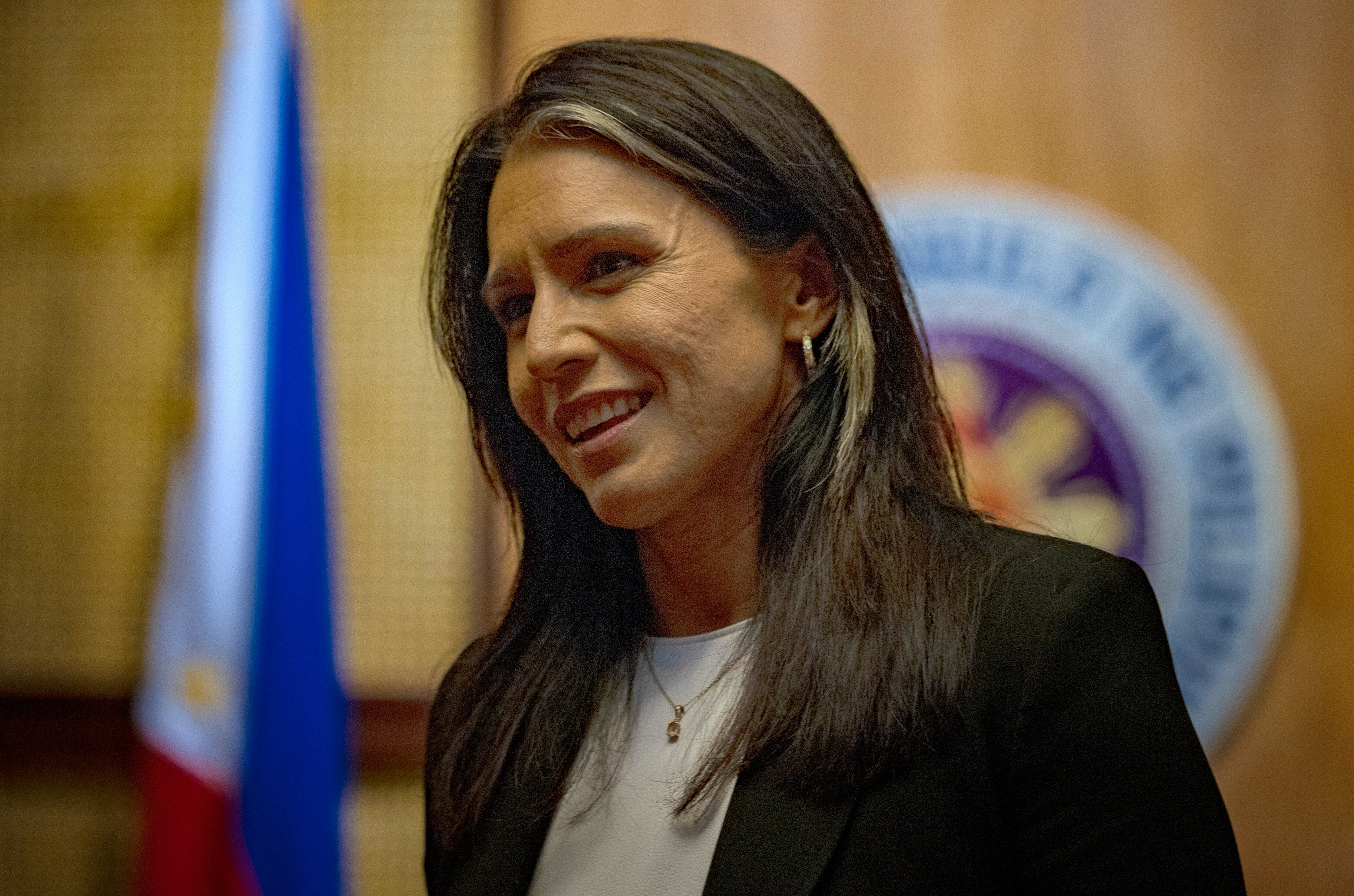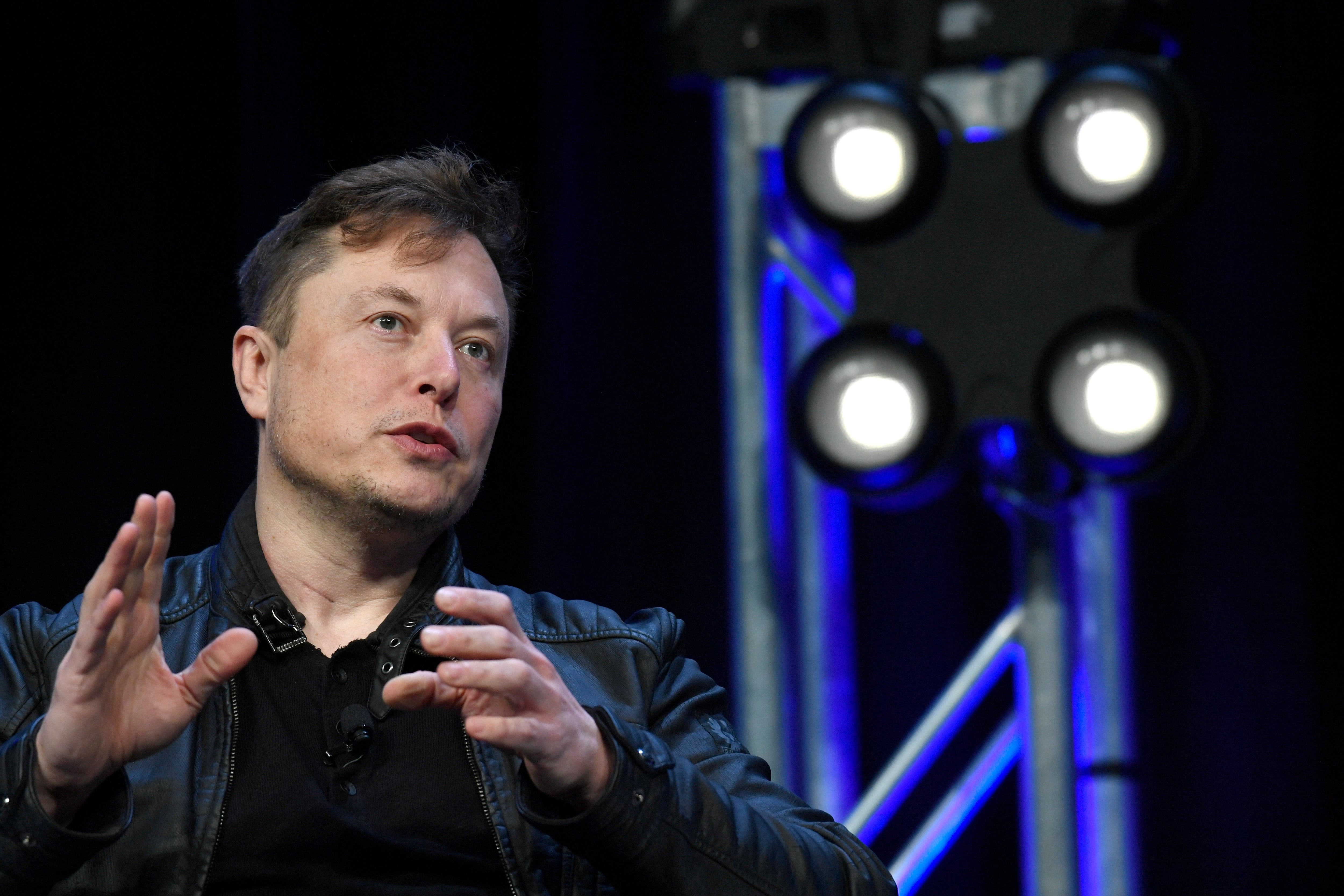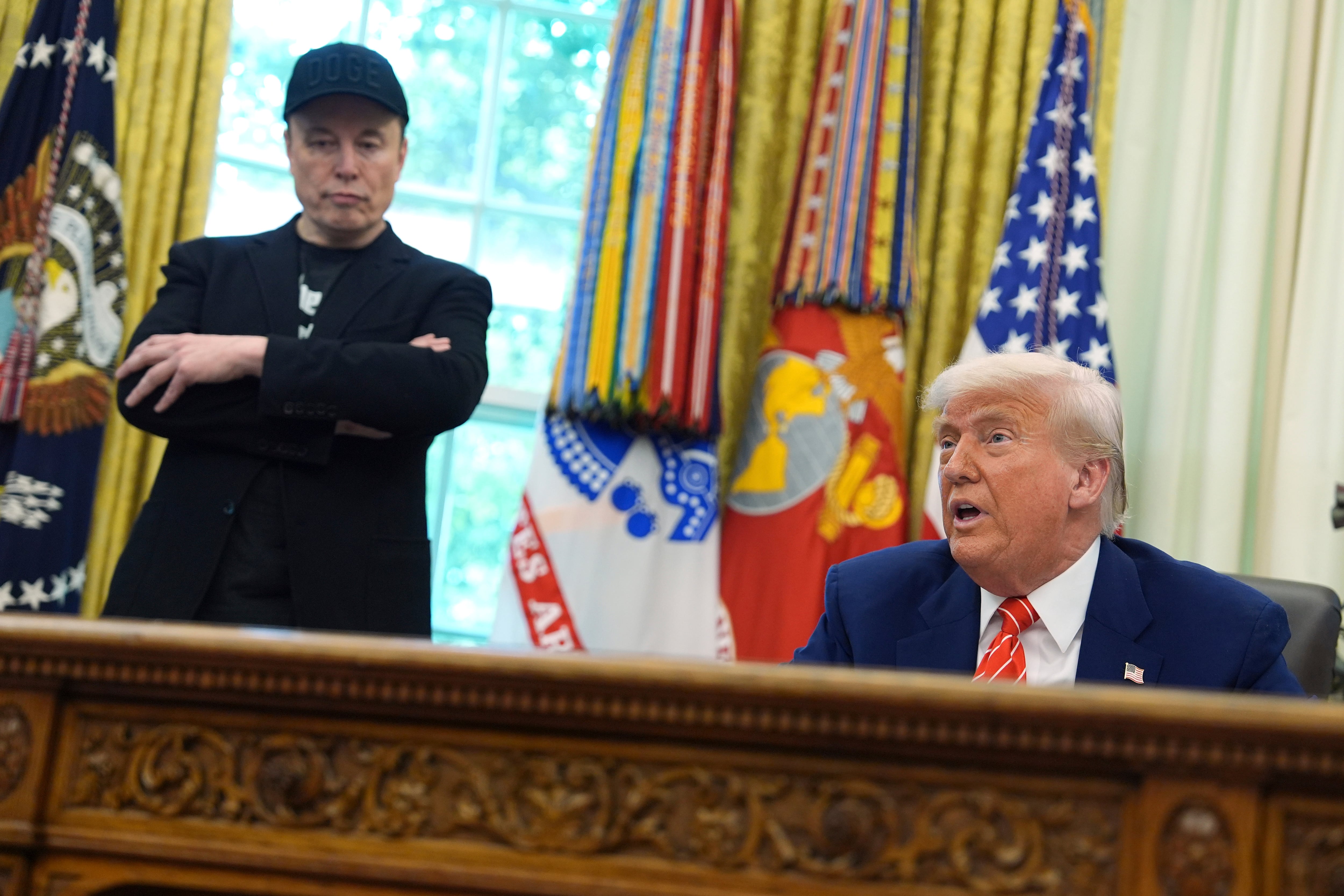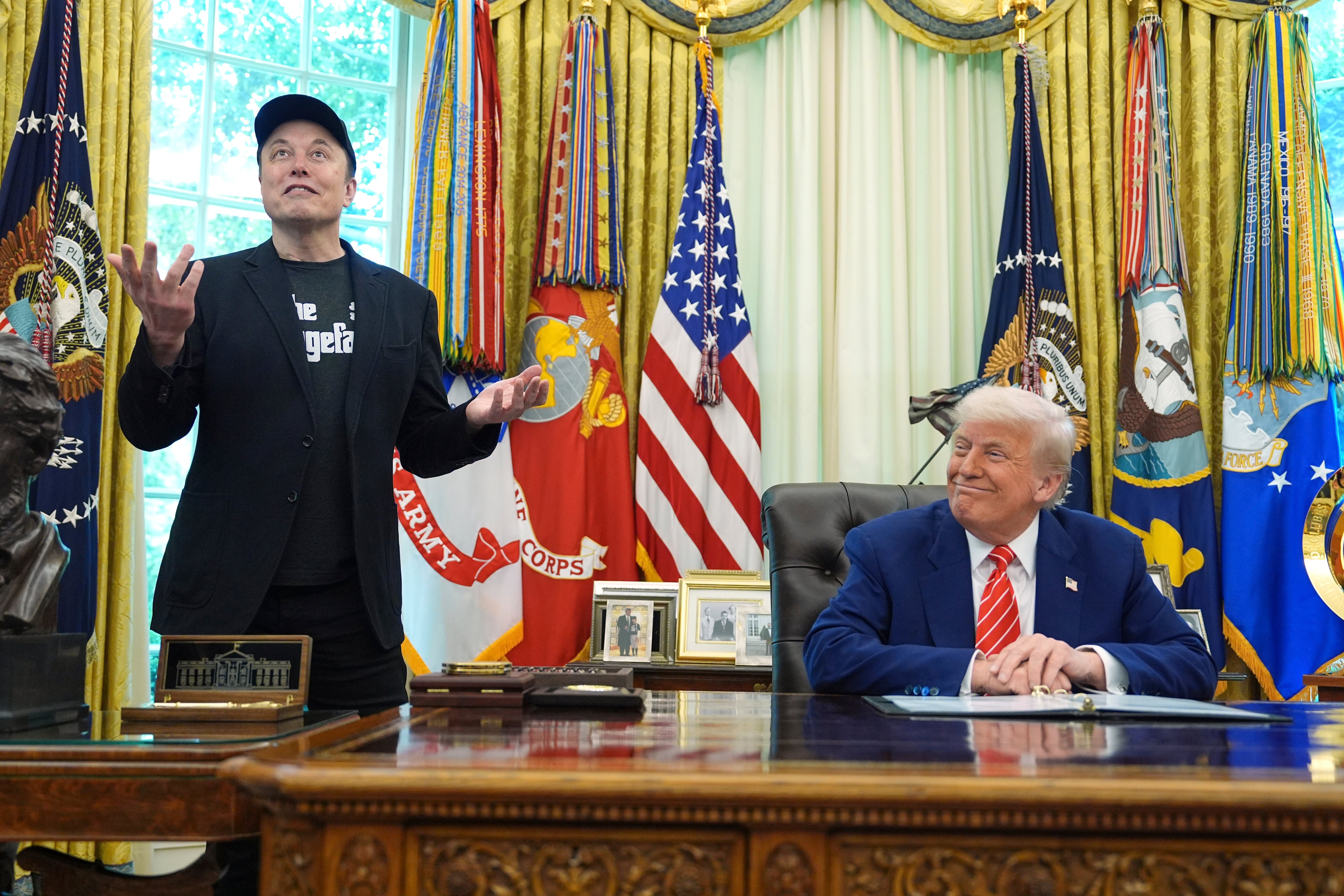President Joe Biden is expected to tap Jeff Zients, the administration’s former COVID-19 response coordinator, as his next chief of staff.
Biden’s current chief of staff, Ron Klain, is likely to leave the job following Biden’s State of the Union address on Feb. 7, The New York Times reported. Klain has held the position for the past two years.
The chief of staff heads the Executive Office of the President and is a cabinet position widely recognized as one of the most important, influential jobs in the White House. The details of the role differ across administrations, but generally, the chief of staff serves as the President’s primary aide and adviser across many different fronts.
For example, the chief of staff oversees the President’s daily operations as well as broader policy development. The staffer in the role also maintains the president’s schedule, advises the president on policy, hires and organizes staff, and controls the flow of information to the president, among other duties.
In his previous role Zients helped increase the distribution of COVID-19 vaccines, but left the administration last April. Prior to that he held several positions under President Barack Obama, including director of the National Economic Council.
If appointed, Zients would begin the role at a critical time for Biden as he may soon announce his 2024 reelection bid and faces a special counsel investigation over mishandled classified documents.
Updated with Cheddar writethrough.
New York City is using ranked choice voting in its Democratic mayoral primary election. Here's how it works.
Former congressman Billy Long of Missouri has been confirmed to lead the Internal Revenue Service, an agency he once sought to abolish.
Top Democratic strategist David Plouffe is joining Coinbase as an adviser as the cryptocurrency exchange broadens its political reach.
The director of national intelligence says artificial intelligence is speeding up the work of America's spy services.
Elon Musk is dialing back his threat to decommission a capsule used to take astronauts and supplies to the International Space Station for NASA. T
President Donald Trump is threatening to cut Elon Musk’s government contracts as their fractured alliance rapidly escalated into a public feud.
President Donald Trump wants his “big, beautiful” bill of tax breaks and spending cuts on his desk to be singed into law by Independence Day. And he’s pushing the slow-rolling Senate to make it happen sooner rather than later. Trump met with Senate Majority Leader John Thune at the White House early this week and has been dialing senators for one-on-one chats, using both the carrot and stick to encourage them to act. But it’s still a long road ahead for the bill. Senators want to make changes to protect Medicaid and to make sure some tax breaks become permanent. Elon Musk called the whole bill a "disgusting abomination.”
China has blasted the U.S. for issuing AI chip export control guidelines, stopping the sale of chip design software to China, and planning to revoke Chinese student visas.
Would U.S. companies go back to Russia if there’s a peace deal over Ukraine?
The explosive growth of the data centers is eliciting some pushback.
